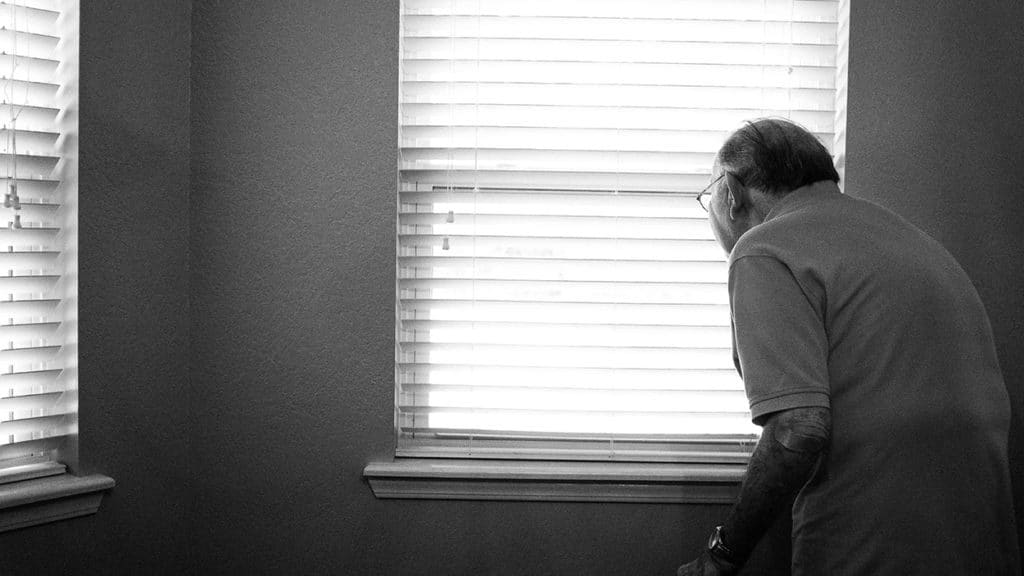 Alcohol is one of the most abused substances in America. According to the CDC (Centers for Disease Control and Prevention), the U.S. averages 88,000 deaths each year caused by heavy drinking, binge drinking, and other issues related to alcohol use disorder. In addition to causing these deaths, alcohol is a key factor in thousands of car accidents, is responsible for damage to internal organs (especially the kidneys and liver), and increases health risks including high blood pressure, diabetes, and heart disease. As if all of this wasn’t enough, studies show that alcohol can also increase the risk of dementia.
Alcohol is one of the most abused substances in America. According to the CDC (Centers for Disease Control and Prevention), the U.S. averages 88,000 deaths each year caused by heavy drinking, binge drinking, and other issues related to alcohol use disorder. In addition to causing these deaths, alcohol is a key factor in thousands of car accidents, is responsible for damage to internal organs (especially the kidneys and liver), and increases health risks including high blood pressure, diabetes, and heart disease. As if all of this wasn’t enough, studies show that alcohol can also increase the risk of dementia.
Defining Dementia
Dementia affects 5-7% of people over 60 and is characterized by a steady cognitive decline. Early-onset dementia affects an estimated 480,000 Americans and first appears in people under 65 years of age. This term is often associated with Alzheimer’s, but that is just one form that the illness can take. In reality, dementia refers to a wide variety of conditions characterized by memory loss and cognitive impairment. General symptoms include…
- Memory loss, usually first noticed by a spouse or family member
- Difficulty communicating
- Difficulty finding words
- Issues with visual and spatial tasks (getting lost while driving)
- Difficulty problem-solving
- Trouble with complex tasks
- Difficulty with planning and organizing
- Deterioration of coordination and motor functions
- Confusion
- Disorientation
- Personality changes
- Depression
- Anxiety
- Inappropriate behavior
- Agitation and irritability
- Hallucinations
- Paranoia
While symptoms of dementia may arise naturally from old age, certain types may be caused directly by an alcohol use disorder. This is because continued heavy alcohol consumption damages and kills brain cells. Research shows that those who drank heavily in middle age were three times more likely than the general population to have dementia by age 65.
Early-Onset Dementia Caused by Alcohol Use Disorder
This type of dementia is called alcohol-related brain damage, abbreviated as ARBD. Middle-aged Americans are considered to be the most at-risk, since younger people tend to experiment with other drugs rather than drink heavily. While women are more susceptible to the effects of alcohol, men receive more diagnoses for ARBD than women, possibly due to the higher amounts of the substance consumed throughout their lives. ARBD and Alzheimer’s disease are separate diagnoses with similar symptoms. Both affect the brain’s cholinergic system, which is responsible for memory. Research shows that 78% of people with an alcohol use disorder also had some form of dementia or brain issue. Alcohol affects your physical health in several detrimental ways. When it is broken down in the body, it produces acetaldehyde, which kills brain cells. Heavy alcohol consumption can also result in a thiamine deficiency and, eventually, Wernicke-Korsakoff syndrome, which severely affects brain function. Drinking is also associated with other factors like head injuries and vascular health – because alcohol increases blood pressure, it also has an effect on the vascular system as a whole. One study conducted by the Translational Health Economics Network in Paris found that almost 40% of early-onset dementia cases resulted from ARBD, and 18% of them had “other alcohol use disorders.”
Alcohol Misuse Increases Early-Onset Dementia Risk
Recent research indicates that alcohol plays a much larger role in early-onset dementia than previously thought. Heavy drinking comes along with a host of other factors that increase dementia risk, including risk-taking behavior, mental illness, lower levels of education, and physical health concerns. Luckily, alcohol consumption is the single most modifiable risk factor for this condition. This means that, with proper treatment, individuals can prevent further brain damage and increased risk of dementia.
BRC Recovery Can Help
If you or a loved one suffer from an alcohol use disorder, it’s not too late. Healing is possible. BRC Recovery offers a variety of addiction treatment services which are discreet and completely free of judgment. Our highly-trained staff are available 24/7 to answer your questions and address any concerns you may have. Call 1-866-461-1759 today.


